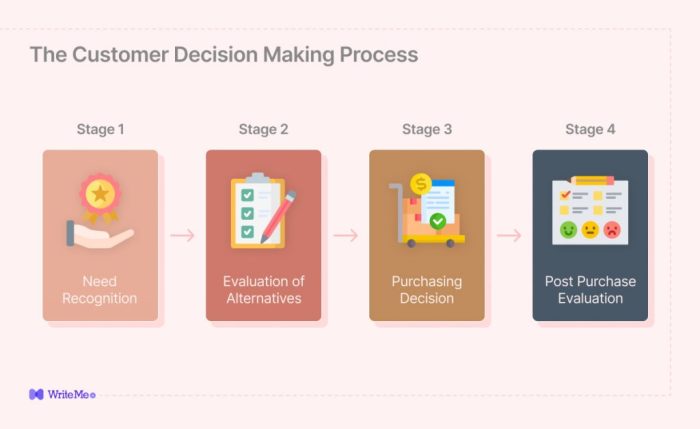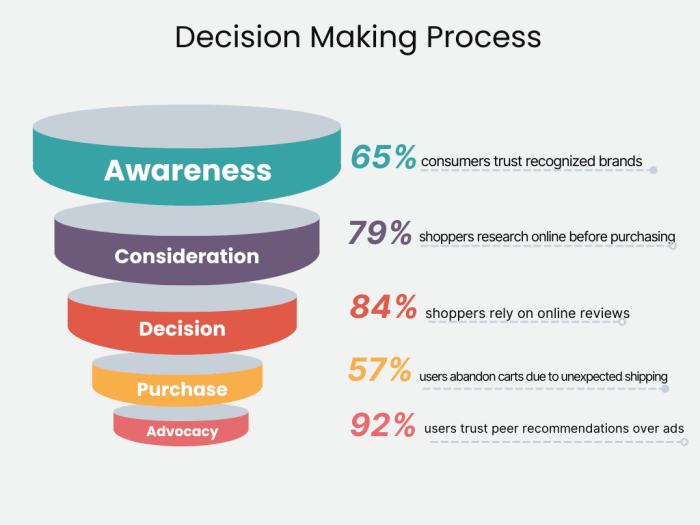Making a good purchasing decision requires Everfi, a crucial skill that empowers individuals to make informed choices and optimize their financial well-being. This guide delves into the significance of informed purchasing decisions, explores key factors to consider, and provides strategies for avoiding common mistakes.
By embracing Everfi’s principles, consumers can make wise purchasing decisions that align with their needs, goals, and values.
Understanding the importance of informed purchasing decisions is paramount. Well-informed purchases lead to financial savings, increased product satisfaction, and reduced regret. Consumers must consider factors such as needs, wants, budget, quality, and environmental impact to make sound choices. Thorough research and evaluation are essential, utilizing online reviews, consumer reports, and expert opinions to assess product features, compare prices, and identify potential drawbacks.
Understanding the Importance of Informed Purchasing Decisions: Making A Good Purchasing Decision Requires Everfi

Making informed purchasing decisions is crucial for personal finance. Informed decisions involve understanding the implications of purchases and considering various factors to make the best choices. The benefits of well-informed purchases include financial savings, increased product satisfaction, and reduced risk of regret.
Factors to Consider When Making Purchasing Decisions
- Needs: Essential items necessary for survival and well-being.
- Wants: Non-essential items desired for enjoyment or convenience.
- Budget: The amount of money available for spending.
- Quality: The durability, reliability, and performance of a product.
- Environmental impact: The effects of a product’s production and use on the environment.
Researching and Evaluating Products
Thorough research is vital before making a purchase. Online reviews, consumer reports, and expert opinions provide valuable insights into product features, prices, and potential drawbacks. Evaluate product specifications, compare prices, and consider long-term costs to make informed choices.
Avoiding Common Purchasing Mistakes
- Impulse buying: Making unplanned purchases based on emotions.
- Overspending: Exceeding the available budget.
- Not considering long-term costs: Ignoring maintenance, repair, or replacement expenses.
Strategies for avoiding these mistakes include creating a budget, setting financial goals, and using decision-making tools.
Strategies for Making Wise Purchasing Decisions, Making a good purchasing decision requires everfi
- Create a budget: Plan for expenses and allocate funds wisely.
- Set financial goals: Determine priorities and save for specific purchases.
- Use decision-making tools: Consider pros and cons, consult experts, and compare options before making a decision.
FAQs
What are the key benefits of making informed purchasing decisions?
Informed purchasing decisions lead to financial savings, increased product satisfaction, and reduced regret.
What factors should consumers consider when making purchasing decisions?
Key factors to consider include needs, wants, budget, quality, and environmental impact.
How can consumers avoid common purchasing mistakes?
Consumers can avoid mistakes by creating a budget, setting financial goals, and using decision-making tools.


